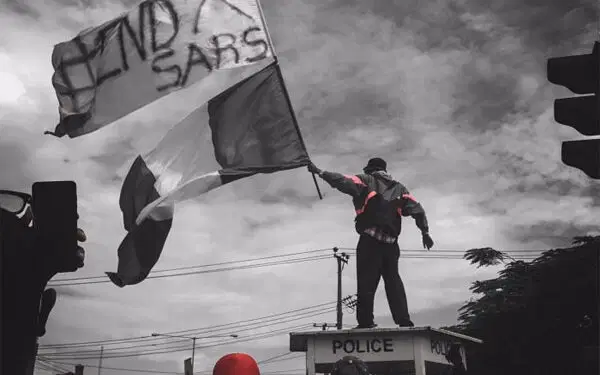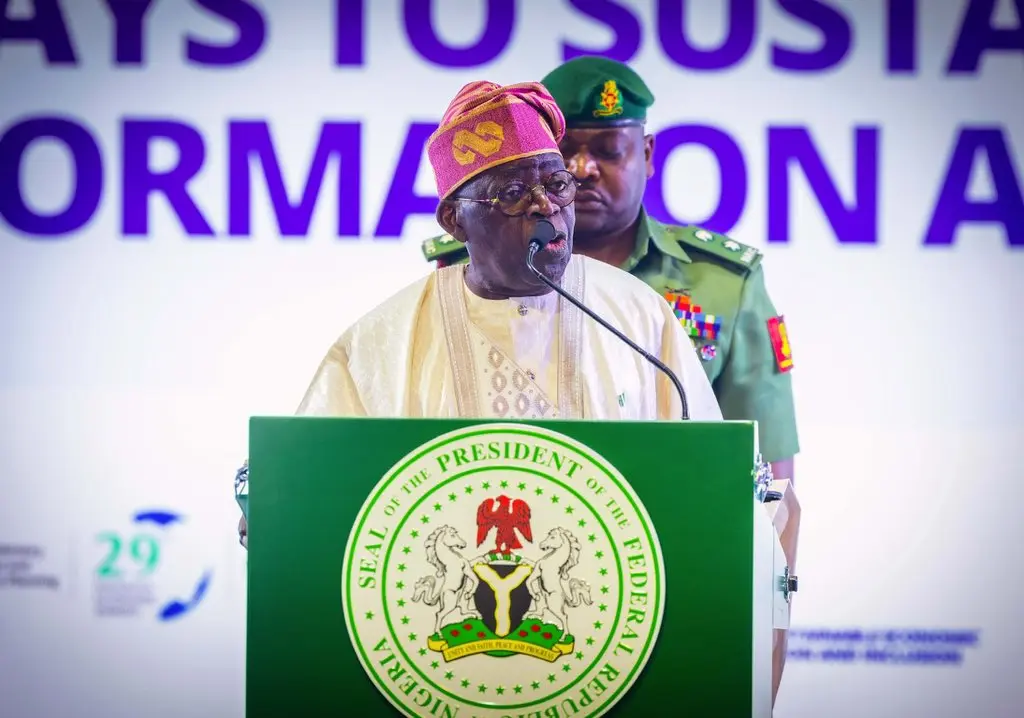By Evans Ufeli Esq
Five years after the #EndSARS uprising, the nation owes its victims more than remembrance - it owes them justice, restitution, and lasting reform. What began as a youth-led outcry against police brutality exposed deep rot in our security institutions: unlawful arrests, extortion, torture, and summary executions. The killings and abuses of October 2020 demanded accountability then; they demand it still. Time cannot be a substitute for truth.
First, victims and families require full, transparent investigations and prosecutions. Judicial and judicial-adjacent panels produced findings and recommendations across states, but too many recommendations remain unimplemented or stalled. Every allegation of unlawful killing, torture, sexual violence, and enforced disappearance must be independently forensically examined; evidence preserved; witnesses protected; and suspected perpetrators - including commanders who enabled abuses - prosecuted under the rule of law. Impunity for security forces erodes public trust and guarantees recurrence.
Second, reparations are not charity; they are the legal and moral remedy for state-inflicted harm. Reparations must be comprehensive: prompt compensation calibrated to loss and suffering; funded medical and psychosocial care; educational scholarships; vocational and livelihood support for dependents; and, where appropriate, public apologies and memorialization. A transparent compensation fund — managed jointly by civil society, victims’ representatives, and independent trustees- would ensure fairness and reduce the perception of patronage or secrecy.
Third, structural reform of policing is essential. Abolishing SARS was only the first step. We need a modern, rights-respecting police service with independent civilian oversight empowered to investigate and discipline officers, access to databases, and subpoena powers. Mandatory body-worn cameras, clear use-of-force rules, timely public reporting of complaints and outcomes, and community policing models that empower local stakeholders are non-negotiable. Recruitment, training, and welfare must be improved to reduce corruption and foster a culture of service.
Fourth, protect civic space and activists. Protesters, lawyers, journalists, and human-rights defenders who documented abuses remain vulnerable to harassment and reprisals. Laws and practices that criminalize dissent must be repealed or reformed; security protocols must prioritize de-escalation; and the constitutional right to peaceful assembly must be respected and facilitated.
Fifth, truth, memorialization and institutional learning are crucial. A national repository of verified records, redacted where necessary to protect privacy and safety, would preserve history and guard against denial. Memorials and public commissions can acknowledge harm, while curricular reforms can teach future generations the value of human rights and civic engagement.
Read Also;
EndSARS @5: Memories, martyrs, unfinished struggle for justice
Finally, the public must remain vigilant and unified. Accountability will not be delivered by slogans alone; it requires sustained civic pressure, strategic litigation, legislative oversight, and international solidarity when domestic mechanisms fail. Victims’ dignity demands we convert outrage into durable institutions that prevent abuse, not merely punish it after the fact.
Five years on, commemorating #EndSARS must mean more than ceremony. It must be a turning point: delivering justice for victims, remaking policing, protecting civic freedoms, and embedding human rights in our public life. Anything less is a betrayal of those who risked everything to demand a humane, fairer Nigeria.




